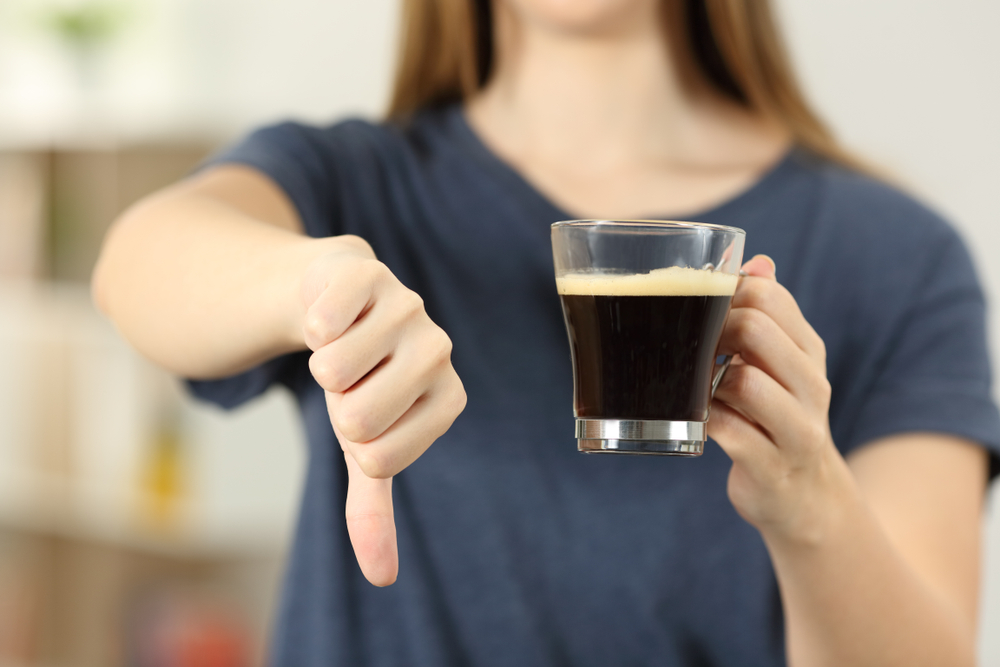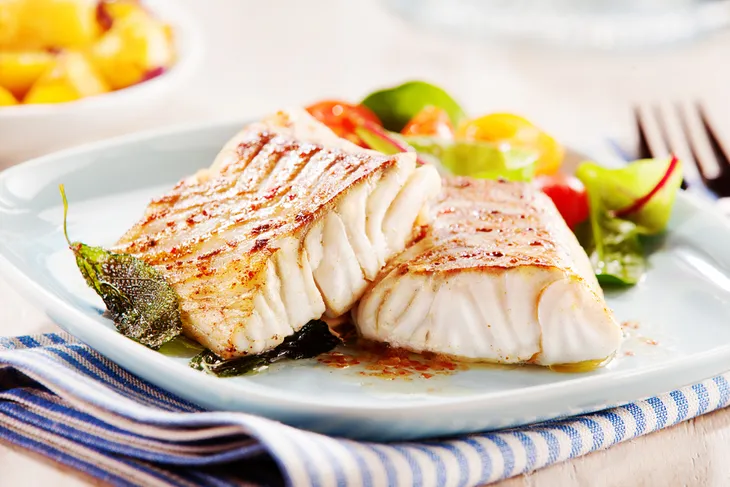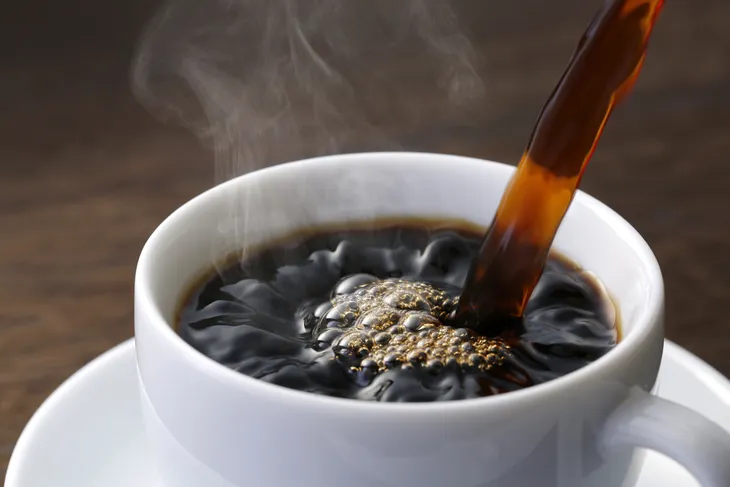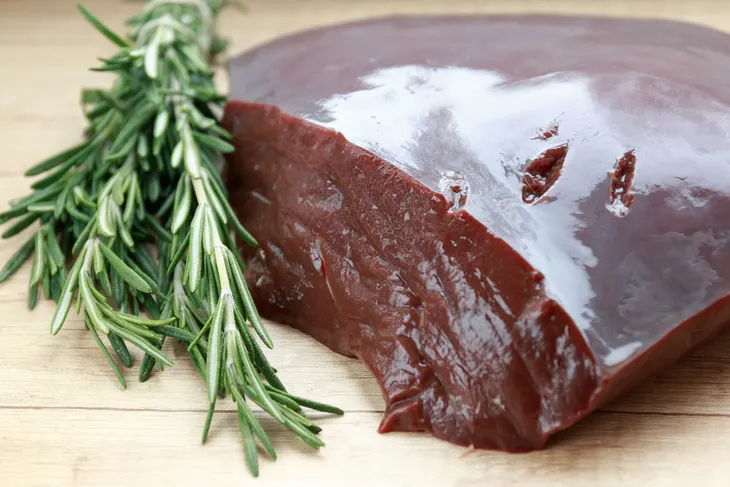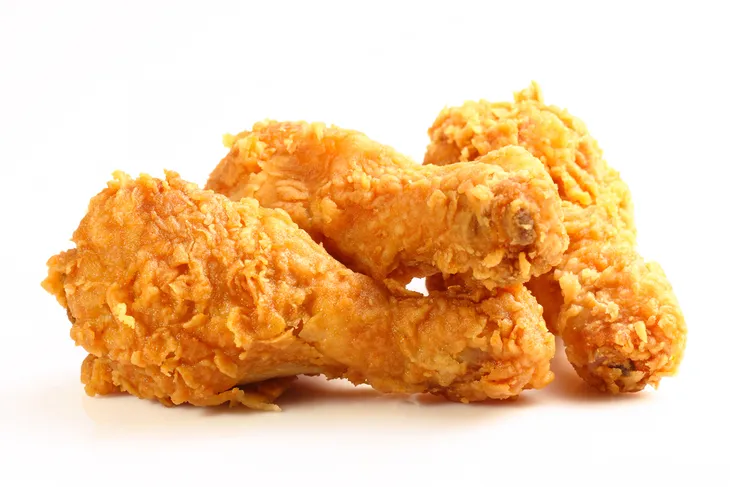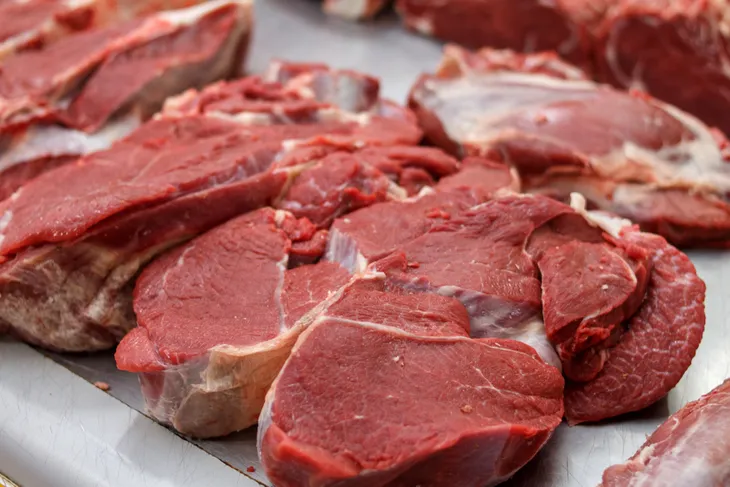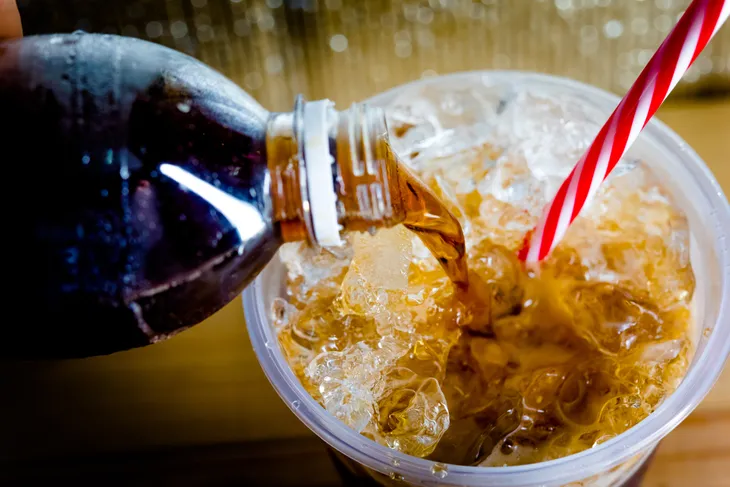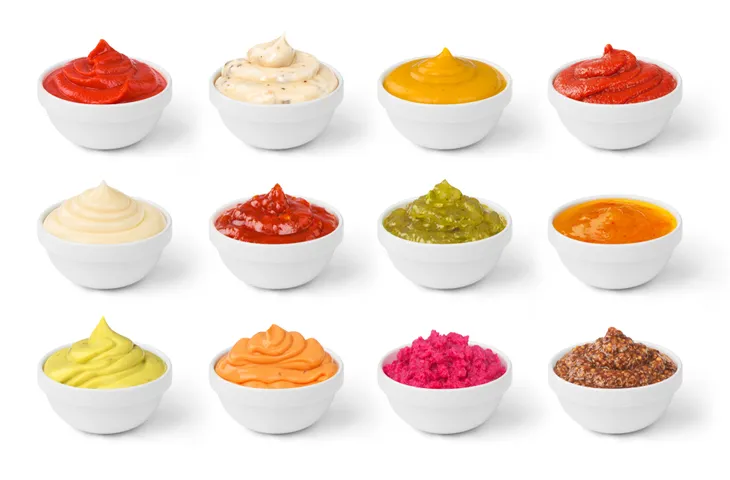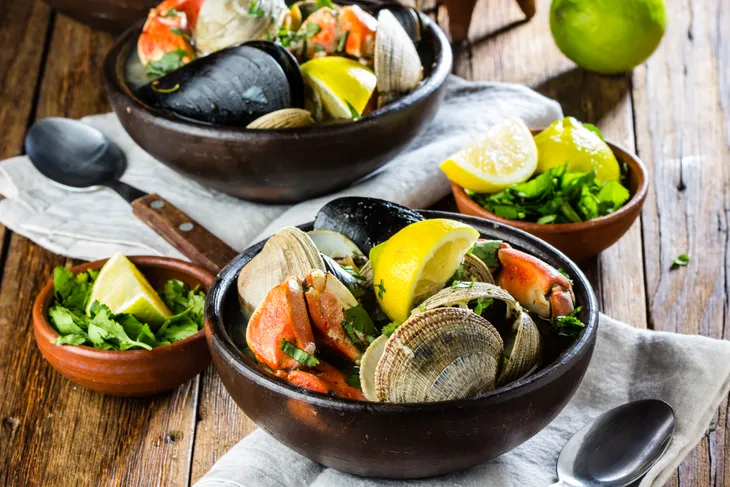- The symptoms of a gout attack can be controlled through medications but the prevention of gout attacks lies in the diet.
- Common gout triggers include seafood, red meat, alcohol, processed foods, and sugar.
- Along with identifying your gout triggers and avoiding them, it’s important to work closely with your doctor.
Gout is a painful condition that affects about 8.3 million Americans. While gout can eventually go away on its own, it may also last for years. Gout attacks last for about a week in length, and the majority of sufferers experience multiple attacks per year.
Untreated gout can cause a risk for diabetes and heart disease. Chronic gout can also cause kidney stones. This is why it’s important to manage it. The symptoms of a gout attack can be controlled through medications but the prevention of gout attacks lies in the diet. There are a number of foods that can trigger a gout attack, including these 10.
Fish
If you suffer from attacks of gout, you may want to stay away from foods high in purine. Moderate levels of purine in your diet may not affect gout, but high levels will.
Fish with high levels of purine include herring, sardines, carp, cod, haddock, salmon, trout, tuna, and anchovies. Eating small amounts of these foods should not produce an acute attack, however, a diet high in purine-rich fish can.
Alcohol
Consuming alcohol is one of the biggest triggers of a painful gout attack. Studies have shown that beer in particular is dangerous. One study followed 47,000 men for 12-years and found that 2-percent of them developed gout. Those that had more alcohol in their diet had a much higher risk.
One serving of beer a day can increase your risk by 50-percent. Beer in particular has high levels of purine, explaining its particular risk. Other alcoholic drinks to avoid include hard liquor and wine.
Caffeine
Caffeine is a diuretic, which means it can reduce the water in your body. This can be a problem if you suffer from gout. The uric acid crystals are suspended in your blood, but if you become dehydrated they can crystallize at your joints. Drinking too much of this can cause your body to become dehydrated.
Drinking 1-cup of coffee a day is perfectly fine, but stay away from multiple cups around the same time. This could be just enough to trigger a gout attack.
Organ Meats
Animal organs are typically high in purine, making organ meats bad triggers for gout. Stay away from the liver, heart, lungs, and spleen of animals.
The calf’s liver is the highest in purine, with 460-mg of purine per serving. Non-organ red meats can also be high in purines. But, for instance, chicken ranks only moderately for purine count, which means it’s safe to eat this lean protein.
Fried Foods
Fatty foods can trigger a painful gout attack, so fried foods are another trigger to avoid. It has been shown that people with a higher body mass index are more at risk for developing gout. Fried foods can not only trigger an attack, they could be putting you at risk for chronic gout.
Stay away from foods fried in oil, and also prepackaged foods that you have to bake. These may be coated in a breading that contains high levels of oils to achieve a crispy texture.
Beef
Beef is one of the highest whole foods with a great amount of purine. The entire animal has moderate to high levels. Some of the cuts with the highest amount include beef chuck, beef tenderloin, beef ribs, roast beef, and beef shoulder. Beef is also high in fat, which can also trigger an attack.
Other red meat foods like lamb and pork also contain high levels of purine. You don’t have to rid your diet of these products altogether, but eating them in great moderation can be beneficial.
Soda
Drinking soda is not a good idea if you are at risk for gout. Studies have shown a direct link to fructose-sweetened drinks and gout attacks. Many soda varieties are sweetened with fructose. The studies show that the increased gout incidences over the last decades correlate to the increased soda consumption.
The risk of gout has risen from 16 cases in 100,000 people in 1977 to 42 cases in 100,000 people in 1996. Popular soda beverages also come caffeinated, which can further your risk for a gout attack. Further, caffeine can cause dehydration because it is a diuretic. This can cause the uric acid in your body to crystallize, triggering a gout attack.
Rich Sauces
Gout used to be known as a rich man’s disease, and it can certainly be caused by rich sauces. Many sauces and dressings are high in fat, creating a risk for a gout attack.
These sauces are also usually put on meats, such as steak and roast beef, so you are getting double the risk. Sauces to avoid include both brown and white gravy, béarnaise sauce, béchamel sauce, and hollandaise sauce.
Shellfish
In towns where the economy is based on fishing, the cases of gout are much more pronounced. This can be caused by the increase of shellfish in their diets.
Shellfish contain a moderate amount of purine, but regular consumption could push your body over the edge and cause a gout attack. Shellfish high in purine include lobster, scallops, clams, and crab. Along with fish being high in purine, a varied diet that contains more than just seafood proteins is key.
Fruit Juice
Fruit juices have naturally and artificially occurring fructose sugar levels. Eating fruit itself is fine because the soluble fiber limits the release of sugars. But fruit juice is like pure sugar water in comparison.
One study found that women who drink high fructose liquids had a 74-percent higher risk for gout. This is because fructose-rich drinks can increase uric acid levels. Stay away from orange juice as studies have found this juice, in particular, has a potent risk.
Keep Track of Your Triggers
The foods that trigger gout attacks will vary from person to person. This is why it’s important to learn your triggers and then make a plan to avoid them to help prevent gout flares in the future.
One easy way to track your triggers is to keep a food diary. Write down all the foods you’re eating and be sure to make a record of when a flare occurs. Over time you’ll be able to see patterns to help you identify which foods trigger your gout attacks.
Other Ways to Prevent Gout Flares
Along with identifying your gout triggers and avoiding them, it’s important to work closely with your doctor. You should see your doctor regularly to monitor your condition, and so they can adjust your medication as needed. “Always have medicine on hand for flares. The faster you take it, the sooner you can control the symptoms,” says WebMD.
You can also prevent gout flares by eating a healthy gout-friendly diet full of vegetables, fruits, whole grains, and low-fat dairy. Finally, manage your gout flares by engaging in regular physical exercise.
 Shutterstock/goodluz
Shutterstock/goodluzLike this article? You might enjoy these as well:
